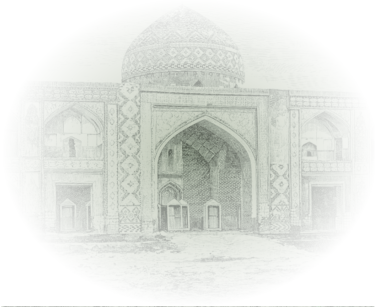Okhchu was a village in the territory of the Zangezur uezd of the former Yelizavetpol (Ganja) governorate, later in the former Gafan district, and present-day Syunik province. It was located 32 km to the north of the district centre and on the bank of the Okhchu River. The settlement was integrated into the administrative area of Armenia after the establishment of the Zangezur uezd in Soviet Armenia on 31 August 1921. It was marked on the five-verst map of the Caucasus.
The village was inhabited by 143 Azerbaijanis in 1831, 541 in 1873, 1,122 in 1886, 1,246 in 1897, 1,709 in 1904 and 200 Azerbaijanis in 1914. The Azerbaijanis were exposed to the attacks of Armenian armed units, massacred or expelled in 1918. The Armenians removed from abroad were settled in the village. After the establishment of Soviet power in present-day Armenia, the Azerbaijanis who survived managed to return to their village. Along with the Armenians, the village was inhabited by 16 Azerbaijanis in 1922 and 13 Azerbaijanis in 1926. The Azerbaijanis were forced and expelled from their historical and ethnic lands in the 1930s. Later, the village was abolished.
The toponym was coined in association with the name of the Oghuz hero “Okhchu, the son of Ansa Goja” whose name is mentioned in the “Book of Dede Korkut”.
